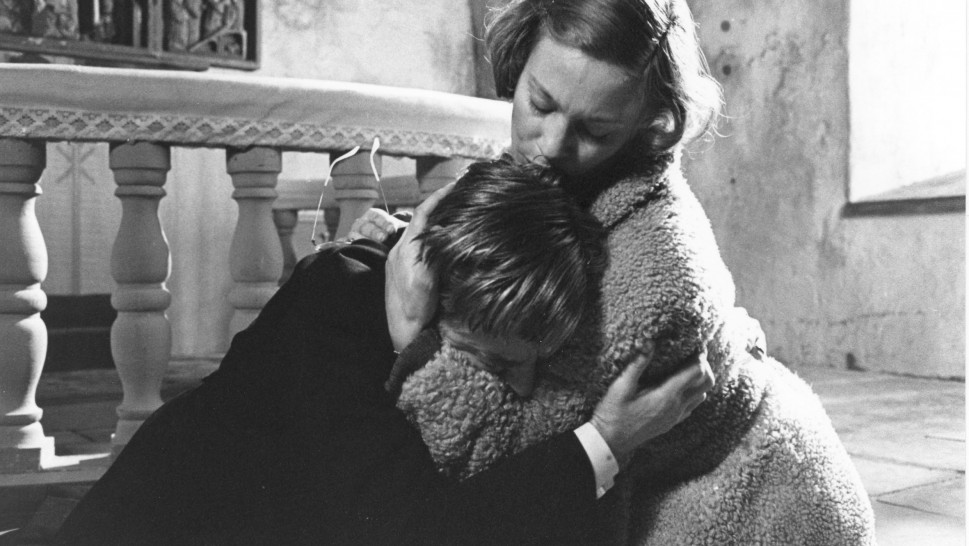



Winter Light: A Tribute to Ingmar Bergman
Any filmmaker trying to get into the texture of human relations ends up in Bergman territory. What I learned from Bergman is that you can explore human relationships with a certain level of brutality and crudity as long as you love your characters.
Bergman's death last year prompted a number of reminiscences about his life and work, as well as the chance to reflect on the Swedish director's long assumed status as one of the masters of world cinema. The very notion that Bergman's reputation would need posthumous revision would have been unthinkable only a couple of decades ago. And yet today he remains a name universally recognized but not always understood.
Bergman attained a position at the very center of postwar European cinema with a string of breakthrough films during the fertile period from the mid-1950s to the mid-1960s, beginning with Smiles of a Summer Night (1955), The Seventh Seal (1956) and Wild Strawberries (1957). These extraordinary films announced the central pre-occupations (love and lust, existential fear and loathing, the encounter with death) and signature stylistic floushes (the use of extreme close-ups of actors' faces and Sven Nykvist's lucid and effulgent cinematography) that would help to shape Bergman's personality as a director.
Over the decades, however, these aesthetic and thematic preoccupations have hardened into a stereotype in the public mind, even as Bergman kept finding ways to renew them. Overlooked are the strange crudity and harsh brutality that Assayas astutely observes, as well as strains of the grotesque, the erotic, and the theatrical that run throughout Bergman's work and keep it from becoming stale or arid. (As Thomas Elsaesser has noted, the medieval grotesquerie of The Seventh Seal is far closer to Roger Corman than to Dreyer's Day of Wrath.)
The sampling of Bergman's work represented below, consisting largely of prints drawn from the HFA's collection, includes both masterpieces and rarities, from all phases of Bergman's long career. The eclectic nature of the selection is designed to remind audiences, and particularly viewers new to Bergman's work, that his talents far exceed the assumed caricature of a director interested only in intense psychodrama and religious or Freudian symbolism.



















